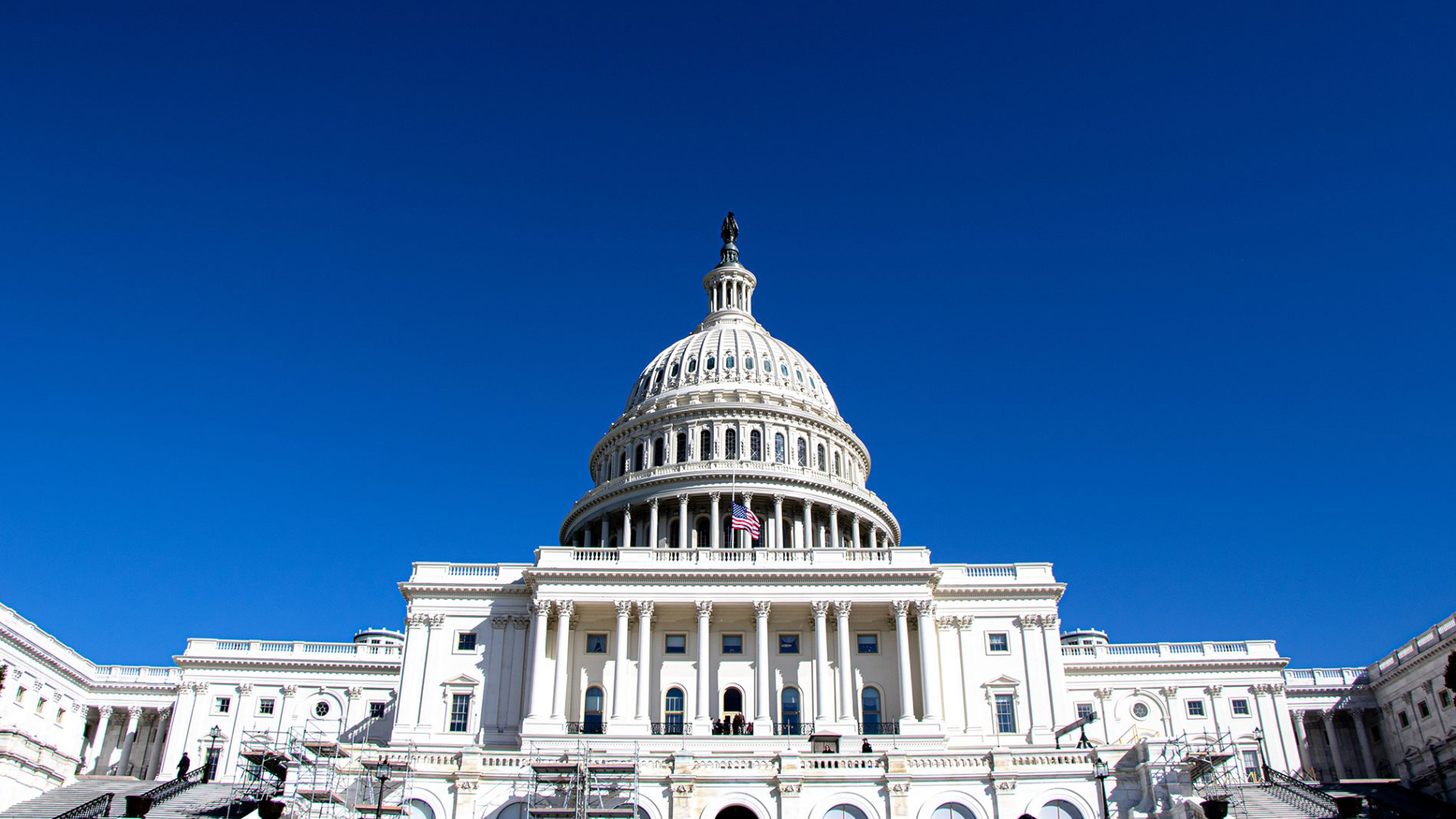Views expressed in opinion columns are the author’s own.
What should the purpose of government be?
It’s a question politicians and philosophers have debated for centuries, but in my opinion, the answer is simple. The most basic purpose of government should be to help and protect people. This is what the whole notion of the social contract is based on.
However, to want to help people, you need to have empathy, a quality that too many of our lawmakers lack. Too many laws are written with the intent to punish people rather than help them.
Criminal justice is the policy area where we probably see this dynamic play out the most. Our criminal justice system seems to be designed to be as punitive as possible — at least for some groups.
Of course, for any system of government to work, laws have to be enforced somehow. However, there are too many cases where our criminal justice system has crossed the line into cruelty. I don’t believe people should be branded as “bad people” just because they have done some bad things, but that is exactly what our system does, especially to people from underrepresented groups.
Take the three strikes law for example, which mandates much longer sentences, sometimes life imprisonment, for defendants who have two prior convictions. It’s a policy that completely disregards the notion that people can change and regret things they previously did. Everyone makes and learns from mistakes, so there is no reason to exclude felons from this group — unless you completely disregard their humanity.
This is exactly what happens when you lock people up and throw away the key. Excessive punishment like this denies felons the opportunity to grow as people, something everybody does throughout their life.
In the same vein, felony voting rights is another area where the system seems intent on letting people’s worst moments define them. All states except Vermont and Maine have some sort of restriction on felons’ right to vote. In some states, they are permanently disenfranchised. This has resulted in millions of people losing their ability to vote, of which people in underrepresented groups make up a disproportionate amount.
There is no purpose to this other than unnecessary punishment. Felons not voting does not make anybody safer. It comes from a desire to see people punished beyond their set sentences. Nobody wants the worst things they did to keep impeding them, even years afterward.
The people making these laws have no sympathy for those who want to rebuild their lives after wrongdoing. They are only fixated on keeping “bad” people from participating in society.
This punitive attitude is not confined to one policy area or political ideology. Look at a bill that was recently proposed in Illinois that would force unvaccinated COVID-19 patients to pay their own hospital bills out-of-pocket. While there needs to be strong messaging on why people need to get vaccinated, negative incentivizing to this extent is counterproductive and just plain mean-spirited.
These are still people after all, and all people deserve affordable medical care, even if they made stupid decisions that put themselves in the hospital. The lawmaker who proposed this bill needs to see past his own (justifiable) anger and remember that it’s actually really sad that people put themselves in the situation. Putting a financial burden on people who are already suffering won’t help anybody.
Empathy must be a guiding principle in all lawmaking. Everyone on the planet makes a myriad of mistakes in their lifetime, criminal or not, and everyone can relate to feeling regret over their past actions. No one should be continuously punished for their worst moments, even people who have done horrible things. Lawmakers should try to remember that more when they are legislating.
Adam Cullen is a junior government and politics major. He can be reached at acullen@umd.edu.



